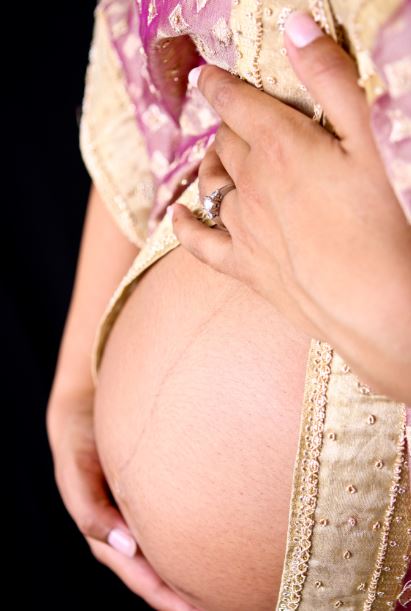The first Indian law authorising surrogacy and the remuneration of surrogate mothers was passed in 2002. Before long, clinics specialised in this “industry” to “respond to the demands for domestic and foreign adoption”. However, “highly criticised for its slackness” and faced with an alarming scenario (“increase in murders, child rapes and embryo destruction”), the Indian Government is attempting to respond. In 2012, a law was voted in, “prohibiting single people and foreign homosexual couples from having recourse to surrogate mothers in India”. Then, in October 2015, the Government “announced its intention to totally ban foreigners from having any recourse to surrogate mothers”. No such law has been voted on to date, but “steps are already in place”: one circular states that “foreigners can no longer obtain medical visas granting them access into the country for surrogacy purposes”, “and the Indian Medical Research Council has banned clinics from offering surrogacy services to foreigners”. A new law “is expected very soon” but “there is considerable opposition”.
In July 2015, the International Journal “reported that 25,000 couples visited India each year to engage the services of surrogate mothers, representing 85% of clients”. Because, “in foreigners’ eyes, the Indian clinics present numerous advantages”: qualified, English-speaking doctors, “carefully screened” egg donors and surrogate mothers “whose fees are five times lower than those in the United States”.
The surrogacy industry is estimated to be worth “more than €500 million a year” in India. “It’s a huge business,” confirmed Jose K. George, Professor of Family Law in Bangalore, “the economy of some regions in North-West India is based purely on this activity”. However, although “this trade helps poor women (…), above all it allows clinics and middle-men to grow rich”. Consequently, given the “extent of the profits at stake”, the restrictions adopted “promote the development of underground networks”. Thus surrogacy clinics have started to relocate to Cambodia “where legislation regarding this issue is more ambiguous: female ‘volunteers’ have already been recruited as surrogate mothers”. These volunteers originally come from Thailand, Vietnam and Laos with “India not far behind”.
Institut Européen de Bioéthique (7/07/2016); cath.ch (5/07/2016)

